Scientists at the Swiss start-up FinalSpark in Vevey have successfully grown miniature 3D brains from stem cells, a breakthrough in the field of biocomputing or wetware. These cerebral organoids, as they are called, grow in petri dishes and are not the fictional "brains in a vat" often depicted in science fiction. The organoids are incredibly cool, according to experts, and have the potential to revolutionize medical research, reduce animal testing, and even power computers and more energy-efficient AI.
The process of growing these miniature brains involves feeding tiny clumps of human brain cells a nutrient-rich fluid, allowing them to stay alive and develop into functional organoids. This technology has the potential to help scientists discover new medical treatments, study brain development, and reduce the demand for animal testing. "We can, should, and will use cerebral organoids to discover new medical treatments, study brain development, reduce the demand for animal testing, and even power computers and more energy-efficient AI," said Shayna Korol, a Future Perfect fellow at Vox.
The field of biocomputing or wetware aims to harness the evolutionarily honed yet still mysterious computing power of the human brain. This concept is not new, but recent advancements in technology have made it possible to create functional brain cells and even small-scale brain networks. "Lab-grown miniature brains may sound like science fiction, but they are a reality," said Dr. Fabrice Coffrini, a scientist at FinalSpark. "We are just beginning to scratch the surface of what is possible with this technology."
The implications of this technology are far-reaching and have the potential to impact various aspects of society. For example, the use of cerebral organoids could lead to the development of more effective treatments for neurological disorders, such as Alzheimer's disease and Parkinson's disease. Additionally, the ability to power computers and more energy-efficient AI could have significant implications for the field of artificial intelligence.
The current status of this technology is still in its early stages, but researchers are optimistic about its potential. FinalSpark is one of several companies and research institutions working on this technology, and there are already several studies underway to explore its applications. As the field continues to evolve, it is likely that we will see significant advancements in the coming years.
In the words of Shayna Korol, "The possibilities are endless, and we are just beginning to explore the potential of lab-grown miniature brains." As researchers continue to push the boundaries of this technology, it will be interesting to see how it develops and what implications it will have for society.
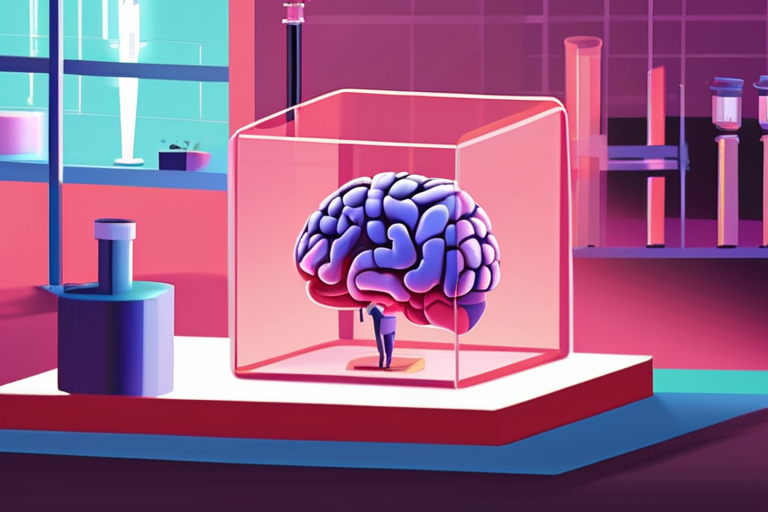


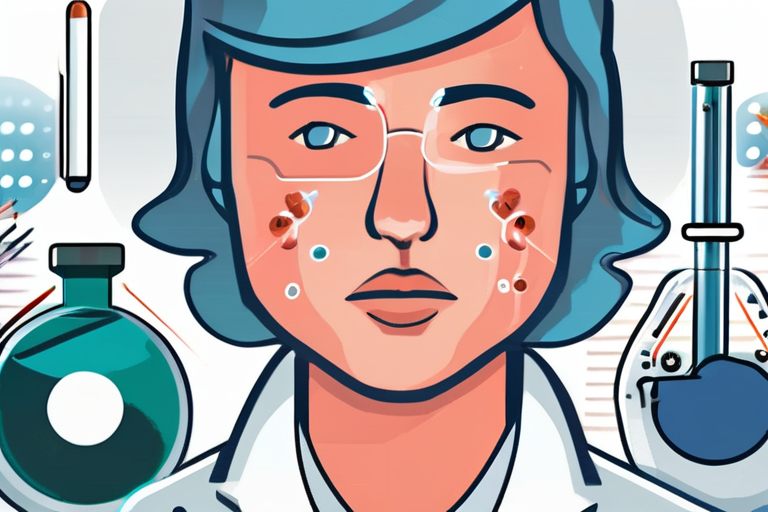

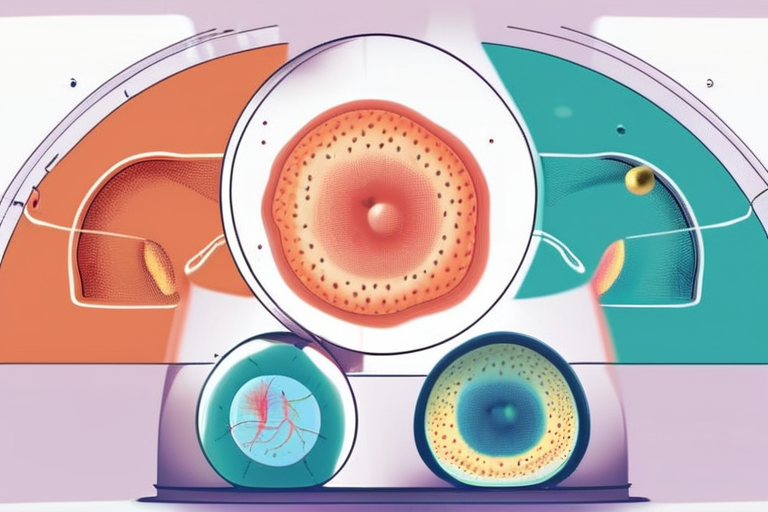

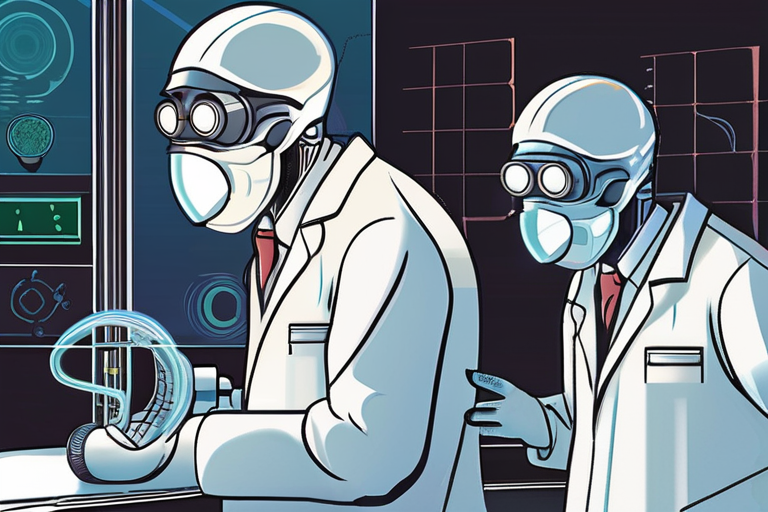
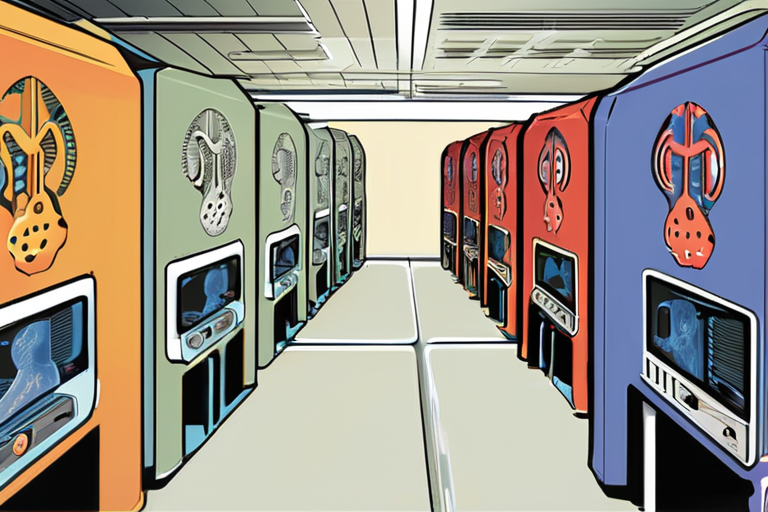
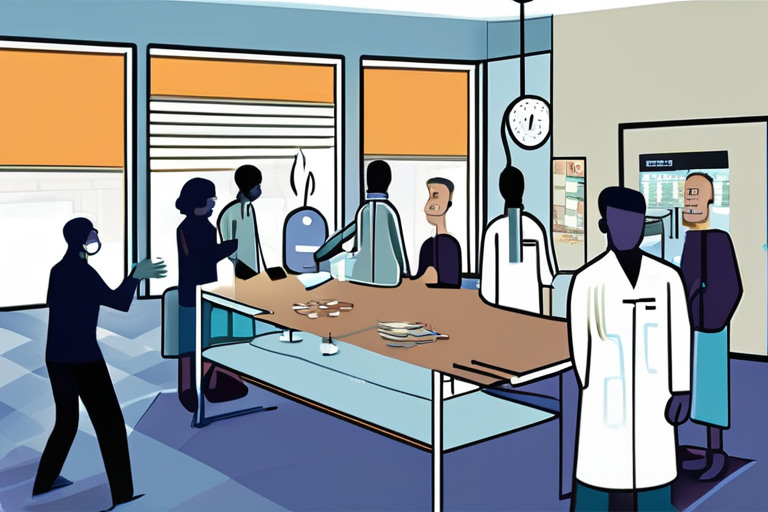
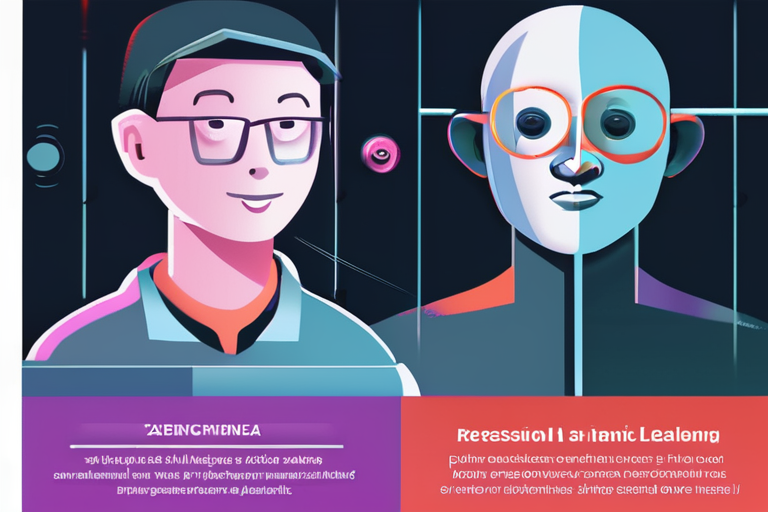
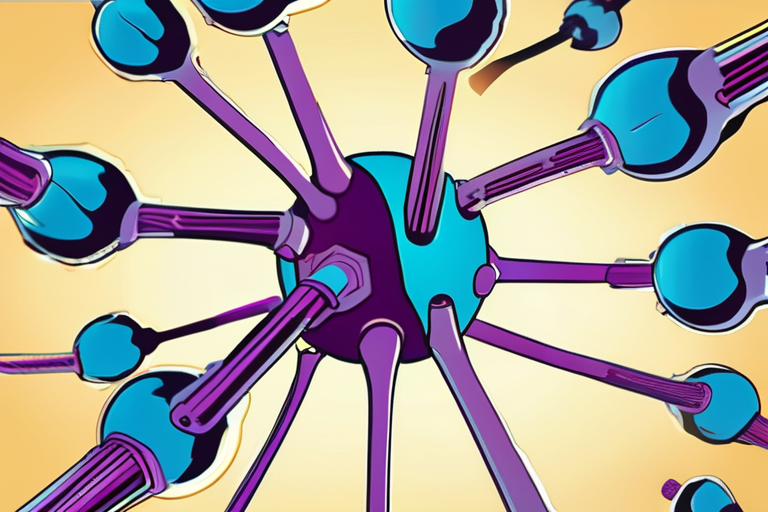
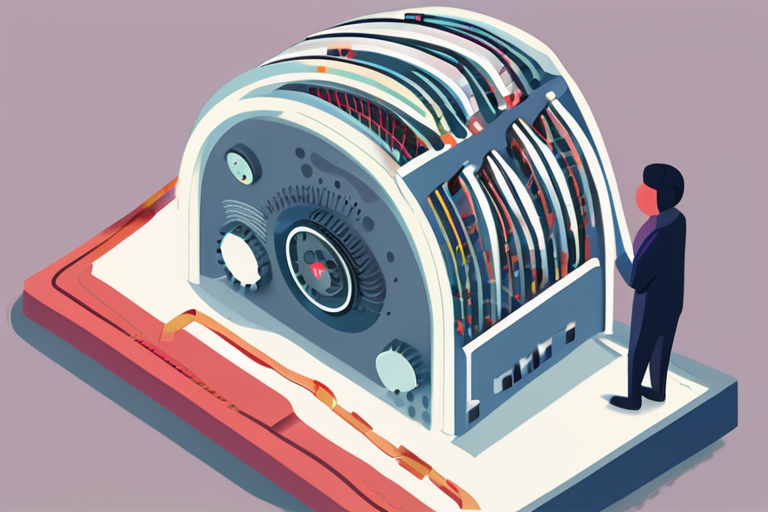




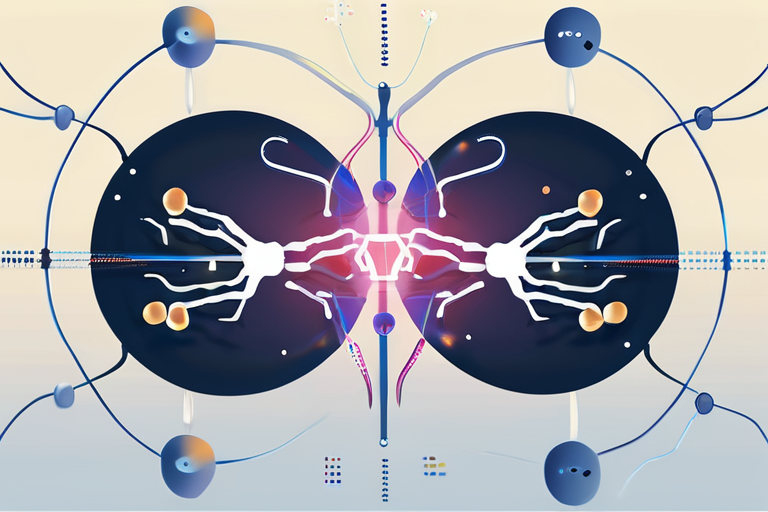


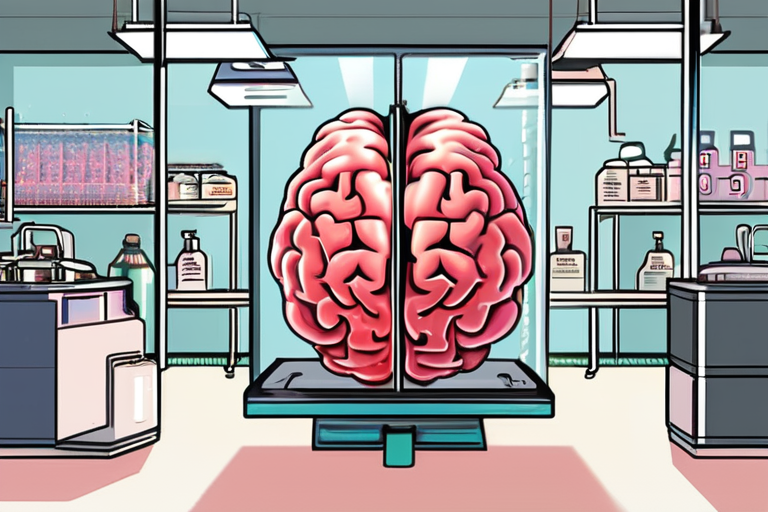



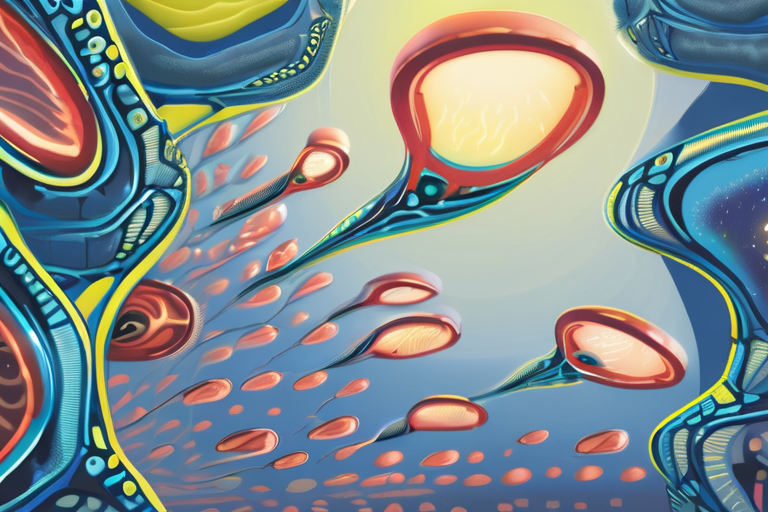

Share & Engage Share
Share this article